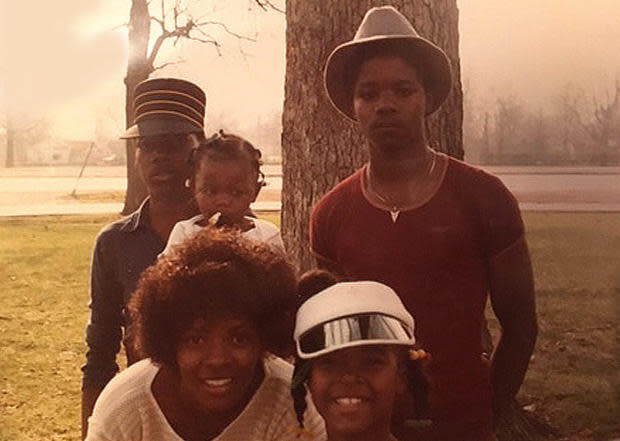Family seeks evidence they say could exonerate executed inmate
The family of a man executed by the state of Arkansas in 2017 is requesting the release of evidence they say could potentially exonerate him. The Innocence Project and the American Civil Liberties Union (ACLU) filed a lawsuit Thursday requesting the release of fingerprint tests and DNA evidence that could prove the innocence of Ledell Lee, who was given a lethal injection for the 1993 murder of his neighbor Debra Reese.
Lee claimed he was innocent of the crime but was among four inmates Arkansas put to death in rapid succession in April 2017, ahead of the state's execution drug expiring. The groups filed the suit against the city of Jacksonville on behalf of Lee's sister, Patricia Young.
"We just want to know the truth," Young said at a news conference Thursday. "If science can get to the truth, we hope the court will allow the testing so justice can be found."
The Innocence Project suggests that if he is indeed found cleared, he would become the first person who was executed and later found to be proven innocent with DNA and fingerprint evidence. The group says crime scene evidence doesn't prove Lee was the killer.
Attorney's for the Lee family said "no physical evidence directly tied Mr. Lee to the murder of Ms. Reese" and suggest "whoever killed Ms. Reese was not wearing Ledell Lee's shoes or clothing." Crime scene evidence that showed a shoe mark on Reese's cheek didn't match or were "incompatible" with the pattern of Lee's shoes, according to the Innocence Project, who cited a forensic pathologist and footwear examination expert.

Ledell Lee, seen in a red shirt, surrounded by his family in this undated photo provided by the Innocence Project. Innocence Project/Young family
According to the lawsuit, the evidence in Lee's case is considered public record under the Freedom of Information law and suggests the public "has a strong interest in knowing whether the true killer responsible for Ms. Reese's death remains at large" and "may still post a threat to other citizens."
In response, Jacksonville's attorney said the physical evidence in the Lee case is not considered a public record under Arkansas law. She said the evidence "would be destroyed, further violating evidence retention laws" should the city release it.
"We know that 167 people have been exonerated from death row for crimes they did not commit, many after losing decades of their life behind bars," said Nina Morrison, the Innocence Project's senior litigation counsel. "The lack of thoroughness in Ledell's investigation helps explain how that happens, and we hope the Court will allow us to finally uncover the truth."
The Associated Press said 21 death row inmates have been exonerated since the early 90s through DNA evidence. The Innocence Project said in 2019, there were two exonerations in Louisiana of men wrongly convicted of sexual assaults.
No matter their income or education, women get stuck with the lion's share of unpaid work
